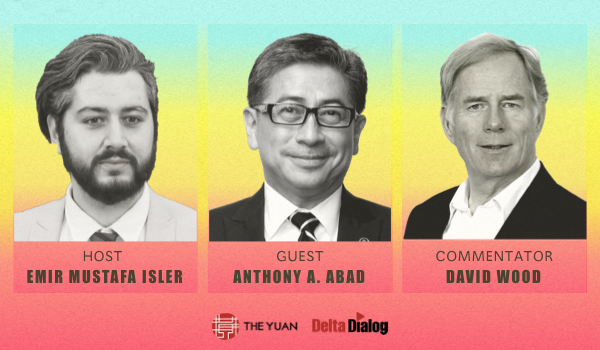
MANILA -
Embracing AI, Blockchain in Trade Finance
In the world of trade finance, the combination of AI and blockchain offers opportunities to raise efficiency and lure more international investment. AI, streamlines various aspects of trade finance, such as risk assessment, fraud detection, and process optimization. Combined with blockchain’s ledger system, AI generates a more reliable and efficient trade finance ecosystem, but widespread adoption of AI-driven solutions in trade finance raises critical data governance and privacy issues. Establishing a global standard for data governance and privacy is challenging as legal, cultural, and regulatory landscapes differ across countries. Key obstacles include varying national regulations on data protection, lack of legal frameworks, and varying levels of technological infrastructure. Achieving a consensus on data governance demands international cooperation, the development of frameworks, and the establishment of guidelines that balance innovation with individual rights protection.
To keep up with the swift advancements in AI, international legal systems must be flexible and adaptable, which will be achieved by monitoring tech developments, regular updates to legal frameworks, and the formation of agile regulatory bodies that can respond to new problems. International cooperation and dialog are crucial to this as they enable the sharing of best practices and development of regulations that accommodate evolving AI tech, while safeguarding public interests.
As for the developing world, building AI capabilities is essential to ensure the benefits of AI-driven trade finance are widely shared. Initiatives to support this are capacity-building programs, technology transfer partnerships, and investment in digital infrastructure. Education and training in AI and blockchain and encouraging collaboration between the public and private sectors are key strategies that not only developed countries should implement but even more so developing ones. By empowering them with needed knowledge and tools, the potential to create a better global trade environment that harnesses the full power of AI and blockchain increases considerably.
What’s in it for me?/Why should I care?
This combination of AI and blockchain in trade finance will reshape international trade, but this transformation must be guided by robust data governance, ethical considerations, adaptable legal frameworks, and targeted capacity-building efforts.
Surmounting these hurdles will enable diverse industries to together create a more efficient, secure, and inclusive global trade system that benefits everyone, including the regular Joe.
Further Reading:- AI demands new legal framework for global economic governance
- AI adjudication, legislation around the corner as ‘legal singularity’ looms
- Legal status, IP rights of automatons raise many troubling questions





 383 views
383 views






